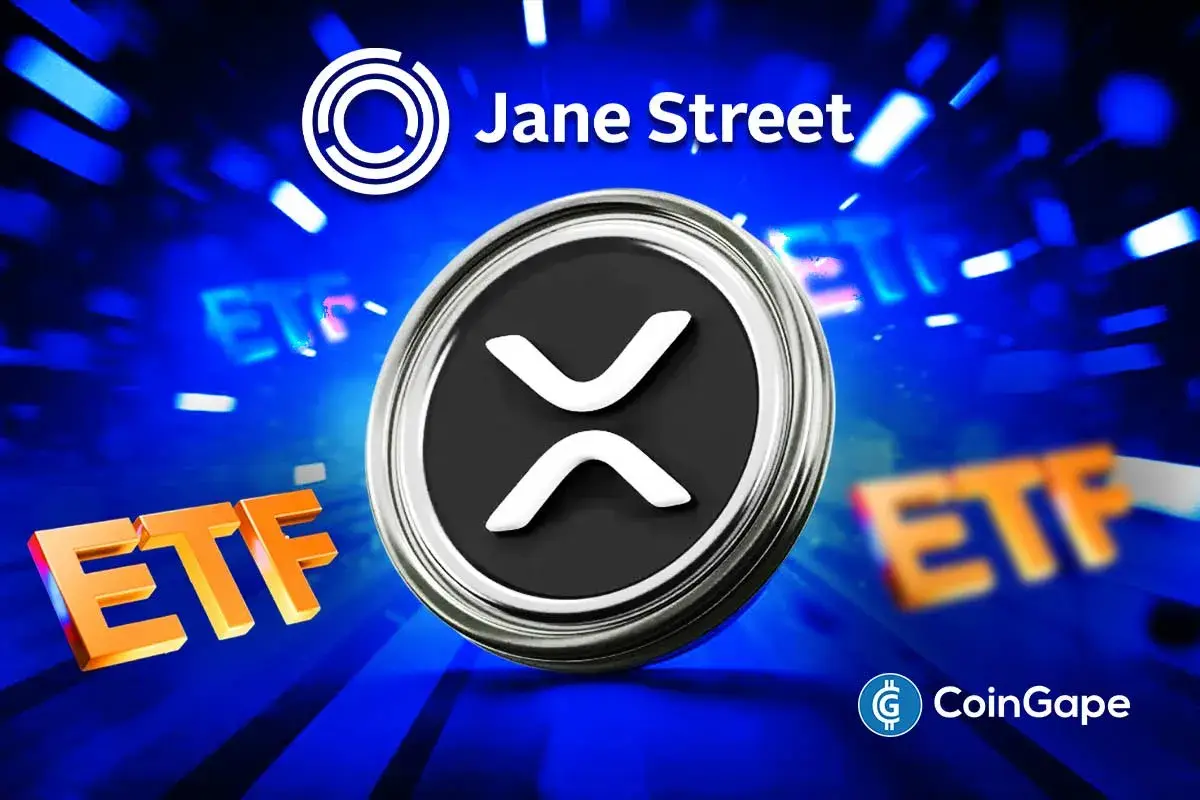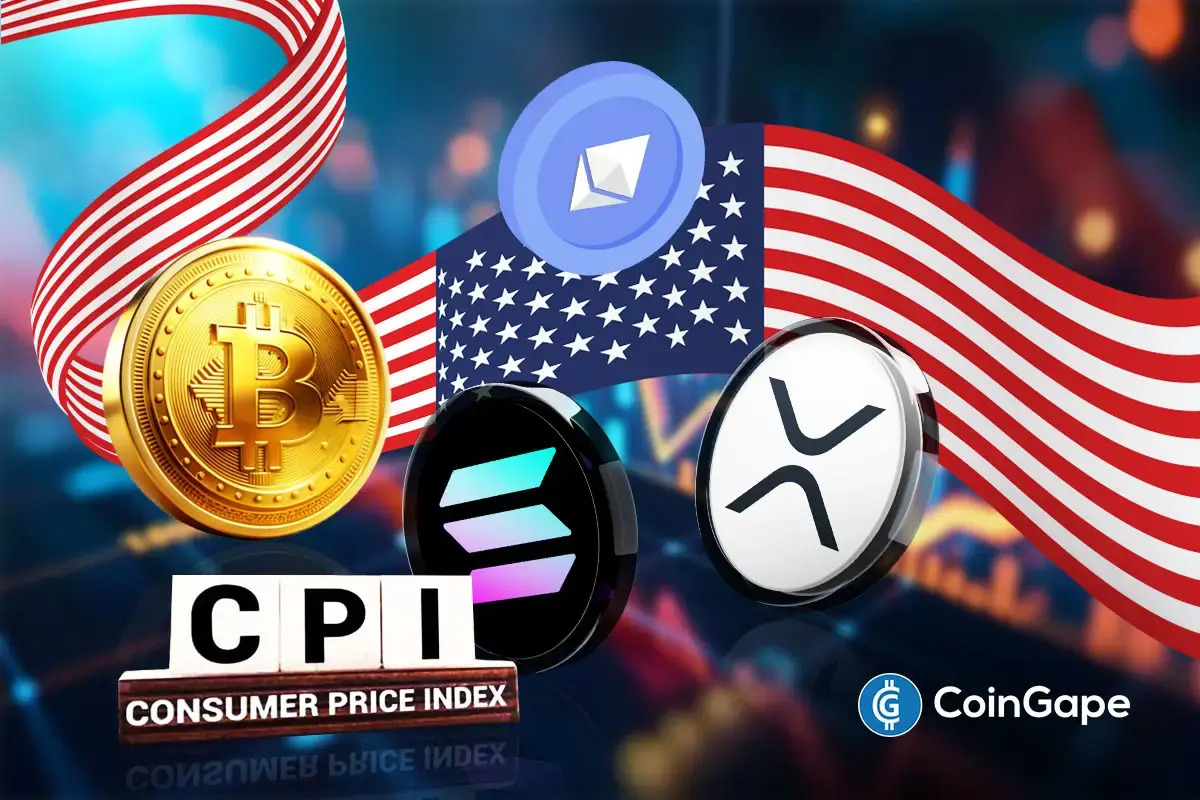John Deaton Predicts Ripple’s SEC Fine Will Be Much Lower

Attorney John Deaton, representing XRP holders, has recently presented a compelling argument regarding the ongoing legal battle between Ripple and the U.S. Securities and Exchange Commission (SEC). Deaton asserts that Ripple will unlikely face the speculated $770 million disgorgement. He bases this prediction on several key factors that might significantly influence the court’s decision.
Deaton Challenges SEC Over Ripple Sales
Deaton highlights the Supreme Court’s Morrison ruling, which essentially excludes sales outside the United States from SEC’s reach. This is particularly relevant as Ripple’s XRP sales in the United Kingdom, Japan, Switzerland, and other regions are under scrutiny. Moreover, the legal status of XRP in these countries further strengthens Ripple’s position. For instance, the U.K.’s Financial Conduct Authority (FCA) and Japan’s Financial Services Agency (FSA) do not classify XRP as a security. This classification plays a pivotal role, allowing XRP sales to continue legally in these jurisdictions, challenging the SEC’s claim for disgorgement from these international sales.
Furthermore, Deaton emphasizes that the case against Ripple is not a fraud but rather a regulatory dispute. This distinction is crucial as it shifts the focus from punishment to compliance. With most XRP sales occurring outside the U.S. and to accredited investors, the scope for disgorgement narrows considerably. Deaton estimates that the potential disgorgement amount diminishes significantly after excluding non-U.S. sales, which might account for over 90% of total sales and sales to accredited investors.
SEC Faces Criticism from XRP Holders
The attorney also points out the absence of harm in most institutional sales of XRP, noting that the current price of XRP is higher than during these sales. This observation suggests that investors have not suffered losses. Additionally, Deaton remarks on the nature of On-Demand Liquidity (ODL) transactions involving XRP, which occur in seconds, further diminishing the likelihood of investor harm. In a unique twist, the harm accusations are directed more at the SEC than Ripple, especially among the 75,000 XRP holders who joined the lawsuit.
Read Also: Poloniex Losses Within “Manageable Limits” – Justin Sun
- Expert Predicts Bitcoin Dip to $49K as ‘Trump Insider’ Whale Dumps 5,000 BTC
- Bitcoin Price Rebounds $70K, Here are the Top Reasons Why?
- Crypto Market Weekly Recap: Crypto Bill White House Meeting, Binance Buys $1B BTC, and More (9- Feb 13)
- TRUMP Coin Pumps 5% as Canary Capital Amends ETF Filing With New Details
- Crypto Prices Surge Today: BTC, ETH, XRP, SOL Soar Despite US Government Shutdown
- Crypto Price Prediction For the Week Ahead: Dogecoin, Solana and Cardano
- Bitcoin Price Prediction: How Could Brazil’s Strategic Bitcoin Reserve Proposal Impact BTC?
- 3 Top Reasons Pi Network Price Surging Today (14 Feb)
- XRP Price Prediction Ahead of Potential U.S. Government Shutdown Today
- Bitcoin Price Outlook As Gold And Silver Lose $3.6 Trillion in Market Value
- XRP and Ethereum Price Prediction as Trump Seeks to Lower Key Tariffs

















